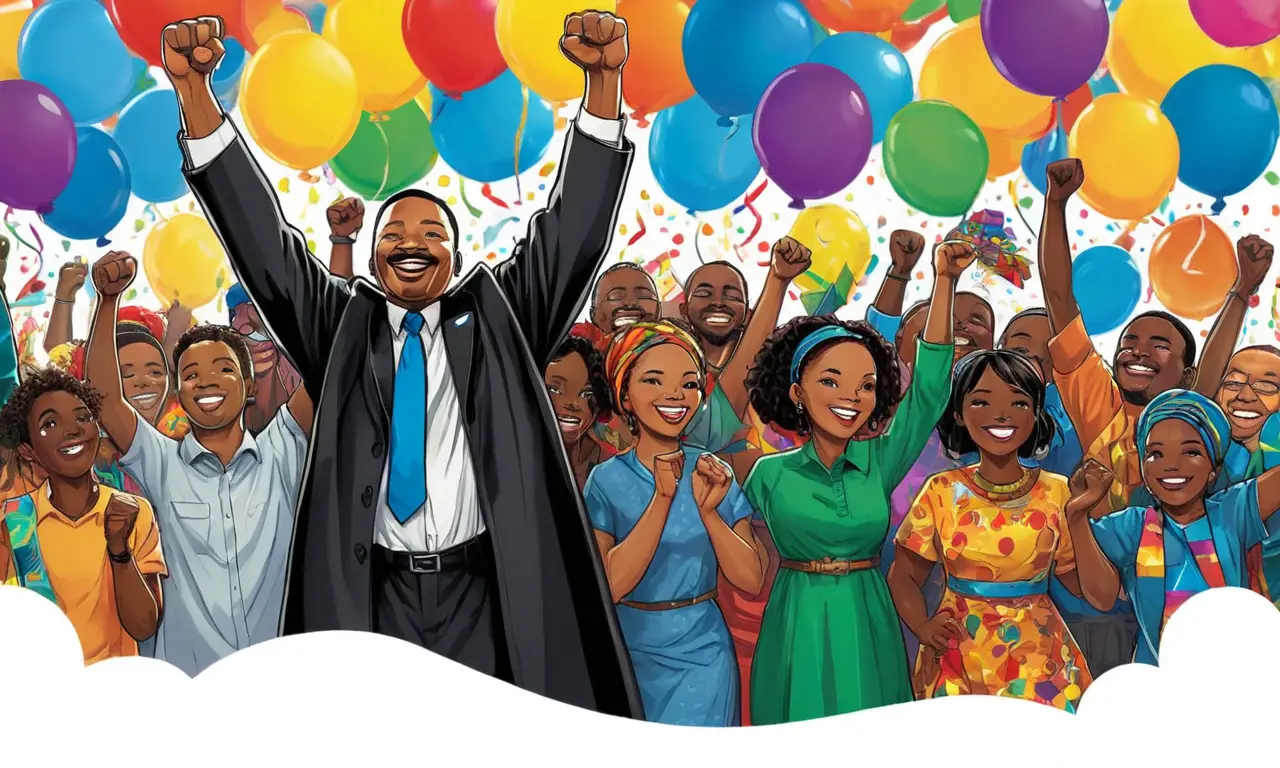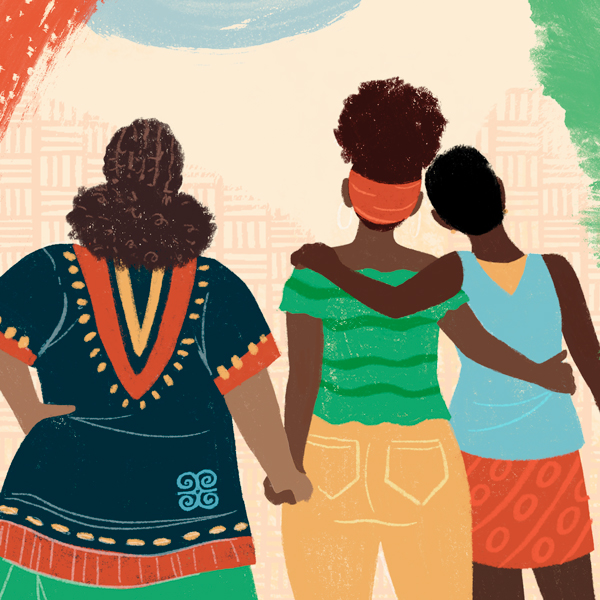Black History Month is a time dedicated to honoring the rich history, culture, and achievements of Black individuals. It’s a month for reflection, education, and celebration. While it’s not obligatory to wish everyone “Happy Black History Month,” acknowledging this important occasion can be a meaningful way to show support for your Black friends and colleagues.
This article will explore the significance of Black History Month, provide tips on how to celebrate its achievements, and offer suggestions on how to demonstrate genuine appreciation for your Black friends during this time. We’ll delve into thoughtful gestures that go beyond simple greetings and emphasize the importance of understanding and respect.
Black History Month Recognition
Black History Month is a crucial opportunity to recognize the countless contributions Black individuals have made to society throughout history. From groundbreaking scientific discoveries to artistic masterpieces, their impact is undeniable. It’s a time to learn about influential figures like Martin Luther King Jr., Rosa Parks, Harriet Tubman, and many others who fought for equality and justice.
Understanding the historical context of Black experiences in your country is essential. This includes acknowledging the struggles they faced, the systemic racism they continue to encounter, and their resilience in overcoming adversity. By educating ourselves about these issues, we can develop a deeper appreciation for their achievements and work towards creating a more equitable society.
Celebrating Achievements

Black History Month is not just about remembering the past; it’s also about celebrating the present and future accomplishments of Black individuals. There are countless talented artists, writers, musicians, athletes, entrepreneurs, and leaders making significant contributions in various fields today.
Take this opportunity to explore their work, attend events showcasing their talents, and support Black-owned businesses. By actively engaging with their achievements, you contribute to amplifying their voices and celebrating their success.
Supporting Black Friends
When it comes to supporting your Black friends during Black History Month, sincerity and genuine care are paramount. While a simple “Happy Black History Month” can be a nice gesture, consider going beyond superficial greetings.
Engage in meaningful conversations about their experiences, listen attentively to their perspectives, and show empathy for the challenges they may face. Offer your support in ways that are relevant to their lives, whether it’s attending an event with them, sharing resources that might be helpful, or simply being a listening ear.
Thoughtful Gestures

There are numerous thoughtful gestures you can make to demonstrate your support for your Black friends during Black History Month. Consider gifting them books by Black authors, supporting organizations that advocate for racial justice, or attending cultural events celebrating Black heritage.
Even small acts of kindness, like sharing articles about Black history or highlighting the achievements of Black individuals on social media, can make a difference.
Genuine Appreciation
Ultimately, the most important aspect of showing support during Black History Month is expressing genuine appreciation for your Black friends and their heritage. Let them know that you value their contributions, respect their experiences, and are committed to being an ally in their fight for equality.
Remember, actions speak louder than words. By actively engaging with Black history and culture, supporting Black-owned businesses, and advocating for social justice, you can demonstrate your commitment to creating a more inclusive and equitable world.
Conclusion
Black History Month is a time for reflection, celebration, and action. While it’s not mandatory to wish everyone “do you say happy black history month” or “should i wish my black friends happy black history month,” acknowledging this important occasion can be a meaningful way to show support for your Black friends and colleagues. By educating ourselves about Black history, celebrating their achievements, and actively working towards racial justice, we can create a more inclusive and equitable society for all.



